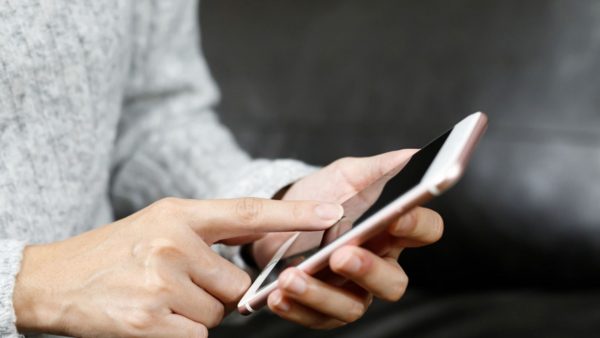
Dating apps have changed how we think about dating. With options that allow users to search for partners across physical distance, it can seem like there are no boundaries to finding love with these apps. However, one sociologist highlights that race and location continue to limit dating options.
Sarah Adeyinka-Skold interviewed over 100 racially diverse, college-educated women, who live in the United States. Adeyinka-Skold asked if these dating apps lessened the boundaries of location and race for women trying to find romantic partners across the country. The interviews revealed that local culture was actually still a major factor for all those she interviewed.
Some women were frustrated about being in locations where there seemed to be a pattern of men who didn’t take dating seriously or just wanted hookups. In other locations, women found it challenging to find dates that shared their gender expectations, with many available men only wanting housewives.One example was Monique who described her frustrations with dating in Lubbock, Texas. Monique specifically focused on her realization that her aspiration of wanting to be more than a stay-at-home mom went against the conservative culture of Lubbock. In particular, she found that men there were, “looking for that person, that woman where she might have a career, but is willing to give it up to raise a family.”
Latinx and Black interviewees were more likely to express additional issues with race in regards to location. This was because women of color struggled to find potential partners with the same racial and educational background as their own. There simply weren’t enough college educated men of color in their areas so they felt that their local dating pool was very limited.
This research highlights the limits of technology in mitigating the effects of deeply embedded inequalities and cultural constraints. Technology didn’t help the white college educated women because of gender norms in parts of the United States that only valued women’s contributions in house or care work. Technology also was limiting for college educated women of color because of inequalities that only allowed very few men of color to get college degrees. In other words, whatever the new digital world may bring us, it is, like everything else, still bound up with long-established constraints of culture and social inequality.

Comments